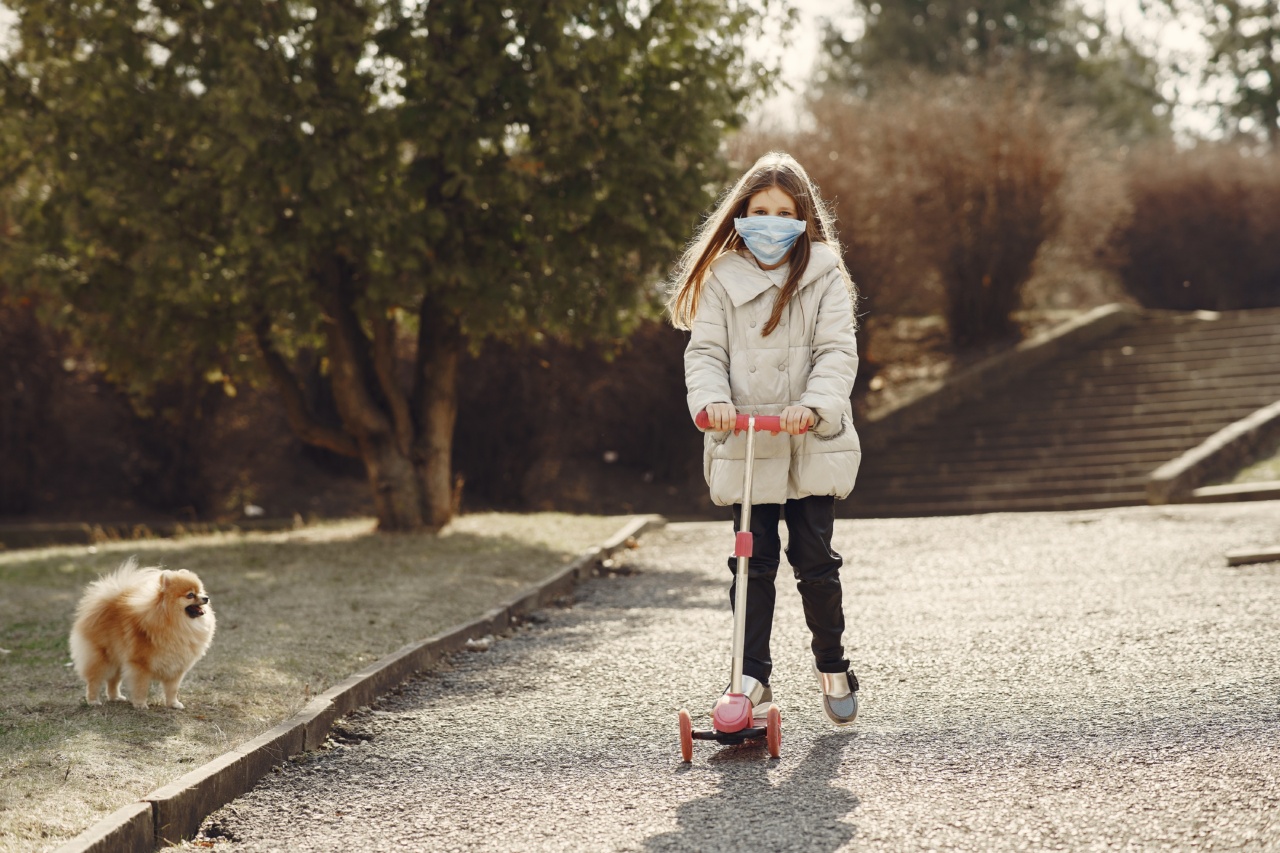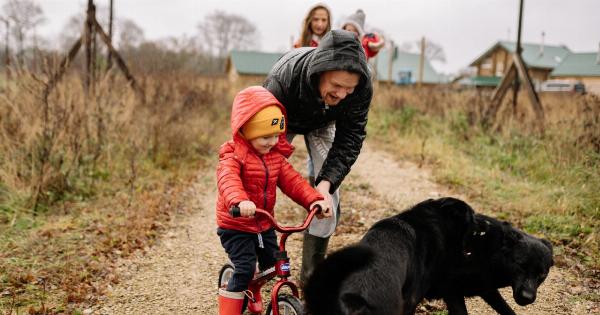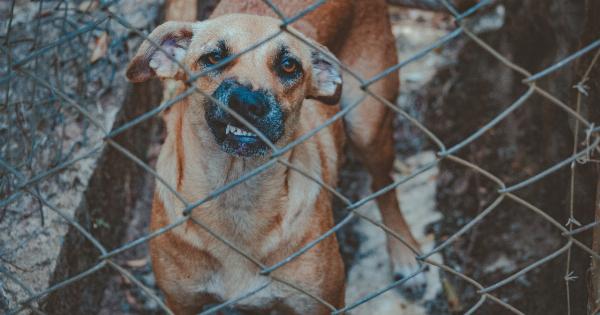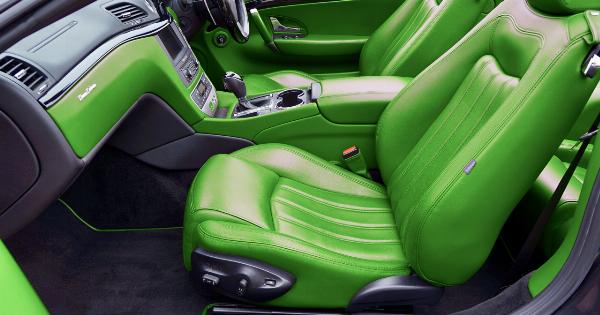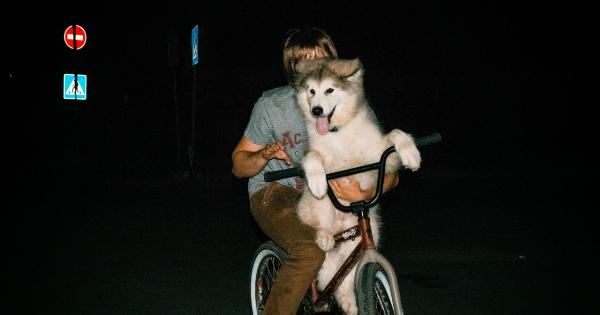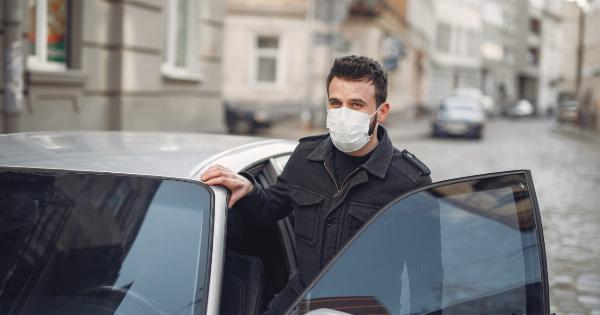Taking your dog for a joyride can be a wonderful experience for both of you. Whether you’re going on a short road trip or a long adventure, it’s important to prioritize safety and avoid potential hazards along the way.
In this guide, we will share some essential tips to ensure a safe and enjoyable dog ride.
1. Prioritize Proper Restraint
When it comes to traveling with your dog, safety should always come first. Invest in a good quality dog seat belt or harness that can be attached to the seatbelt buckle in your car.
This will prevent your furry friend from roaming around the vehicle, avoiding potential distractions and accidents.
2. Secure the Backseat
Letting your dog ride in the backseat is generally the safest option. It keeps your furry companion away from the airbags, reducing their risk of injury in the event of an accident.
Additionally, securing the backseat with a dog-friendly seat cover will help protect your car from scratches, dirt, and fur.
3. Adequate Ventilation
Dogs can easily overheat in a confined space, especially during long rides. Ensure that your car’s ventilation system is working properly and consider cracking open a window or utilizing a dog-friendly car window vent.
This will allow fresh air to circulate, keeping your dog cool and comfortable throughout the journey.
4. Regular Breaks for Bathroom and Exercise
Just like humans, dogs need regular breaks during long journeys. Schedule stops every few hours to allow your dog to relieve themselves, stretch their legs, and burn off some energy.
Remember to pack waste disposal bags and always clean up after your furry friend to maintain cleanliness and respect for the environment.
5. Hydration On-the-Go
Staying hydrated is crucial for your dog’s wellbeing, especially during hot weather. Bring along a travel-friendly water dispenser and offer your dog fresh water at every break.
Avoid leaving water bowls filled in the car to prevent spills and ensure your dog has access to water whenever they need it.
6. Pack a Doggy Travel Kit
Just like you pack your essentials for a trip, your dog needs their own travel kit too. Include items such as their leash, collar with identification tags, food, treats, poop bags, toys, and any necessary medications.
Having these items readily available will make your journey hassle-free and ensure your dog’s comfort.
7. Avoid Leaving Your Dog Unattended
Never leave your dog unattended in a parked car, even for a few minutes. Cars heat up rapidly, even on mild days, and leaving your dog inside can have fatal consequences.
If you need to make a pit stop where your dog is not allowed, consider using drive-thru services or have a travel partner stay with your furry friend.
8. Be Mindful of Motion Sickness
Some dogs may experience motion sickness during car rides. If your dog is prone to this, avoid feeding them right before the trip. Take shorter rides to help them get accustomed to the motion gradually.
Additionally, consult your veterinarian about anti-nausea medications or natural remedies that may help alleviate their discomfort.
9. Stay Alert to Emotional Comfort
Dogs may experience anxiety or stress during car rides, especially if it’s their first time or they’ve had a negative experience in the past. Create a comfortable space for your dog in the car by placing their favorite blanket or toy.
Consider using calming aids like lavender sprays or playing soothing music to help keep them relaxed.
10. Plan Dog-Friendly Routes and Destinations
Before embarking on your adventure, research and plan dog-friendly routes and destinations along the way. Look for parks, trails, rest areas, or accommodations that welcome furry guests.
This way, you can ensure your dog has opportunities for exercise, play, and exploration throughout the journey.
